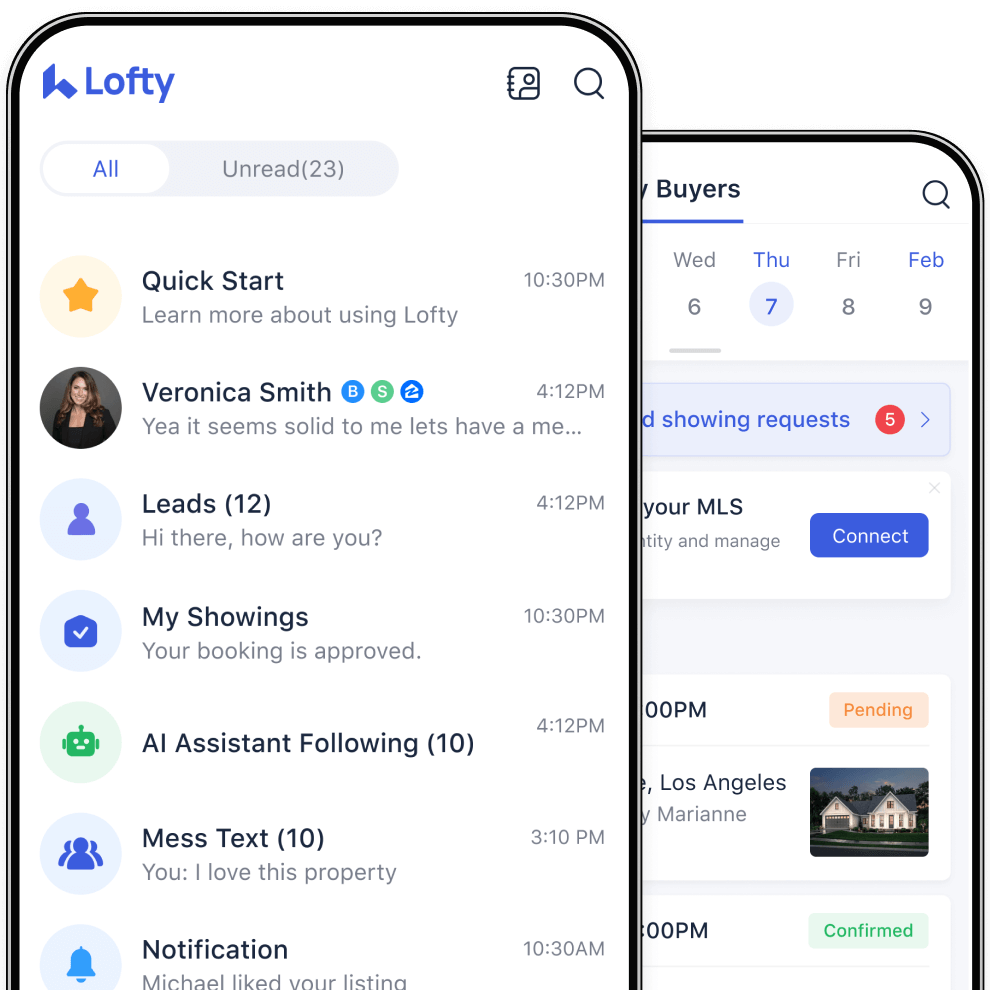How to Run Effective Sales Meetings

Effective sales meetings are the kind of meetings real estate teams look forward to each week. Your meetings should be spirited gatherings that leave your team eager to call their next lead. These tips will help you create meetings that make your team feel like it’s been time well spent.
1. Plan Ahead.
You can create a standard agenda for your sales meetings, but make specific plans for each topic to ensure you’re not improvising. Free-styling an agenda on the spot wastes your team’s time. Each meeting should have the same template. Although developing the perfect template will take time to refine, the energy spent will have a tremendous return on investment.
2. Set a Regular Schedule and Start on Time.
It’s easy to let other commitments convince you to reschedule a team meeting. Once sales meetings start to take a back seat to everything else, however, they will lose their effectiveness. Keep to the schedule and show respect by starting and ending on time and giving your meetings the highest priority.
3. Focus on Growth.
Every sales team has issues that must be resolved. For example, the administrative staff may need to communicate new procedures or request compliance with existing procedures. It’s critical that you develop a way to address these types of issues outside of the sales meeting. Set time aside to offer non-sales related solutions after the meeting.
4. Review Holistic and Individual Performance.
You can easily find team performance and analytics in the Reporting tab from the Chime dashboard. Create reports for each sales meeting with clear KPIs which you find most important to track, including contacted rate, response time, tasks completed, number of emails opened through drip campaigns, etc. Using the report as a starting point, let each team member summarize their accomplishments and areas where they want to improve. Be sure to recognize both achievements and progress. In other words, this isn’t always the best time to try to correct poor performance. Create a safe environment where team members feel comfortable asking for ideas to help them discover solutions for their challenges.
5. Review Support Updates.
Your support staff, including adminstrative assistants and transaction coordinators, are major contributors to your team’s success. Their updates should quickly summarize the progress they’ve made on developing new solutions and processes that directly support sales.
6. Focus on Skill Development.
Spend the majority of the meeting time on topics that will foster growth for the team and its individuals. The opportunities are endless. Keep in mind that this portion of the meeting absolutely requires prior planning. You’ll find topics everywhere, including issues that team members discuss among themselves when you’re not part of the conversation, skills that are needed to improve the performance reports, or issues that were just touched on briefly in previous sales meetings.
Share. You have a room full of talent that you can share and refine. Now would be the time for team members to describe a challenge and get feedback from the team to develop the best solution.
Roleplay. Sales skills are often learned more easily with examples. Recruit two volunteers to roleplay situations like a listing presentation, answering objections, getting a signature on a buyer’s agreement, negotiating a list price, a sales price, or a commission. The possibilities are unlimited. Change the volunteers’ roles to explore different approaches each member offers.
Small-Group Think. Got a tough issue? Form small groups and brainstorm solutions. Have each group explain their solution to the rest of the team.
Team Brainstorming. Pick a topic everyone has had some experience with and can contribute to at their own level of expertise – things like brainstorming email subject lines. You can also use hot topics in your area that might include short sales, marketing to different generations or selling second homes.
A top real estate agent needs a variety of skills. Unfortunately, most training focuses exclusively on the administrative side of real estate: the laws, regulations, contracts, forms and more. A real estate sales meeting should focus on the selling side of real estate. Make sure your team members leave each sales meeting with concrete ideas they can use to become more successful.
